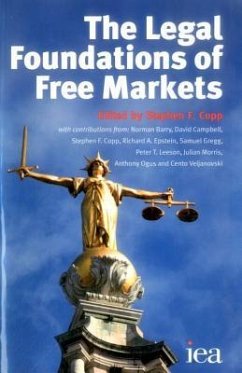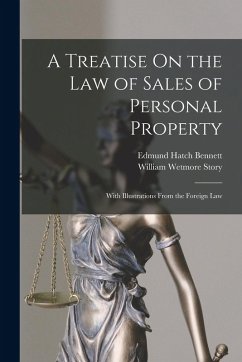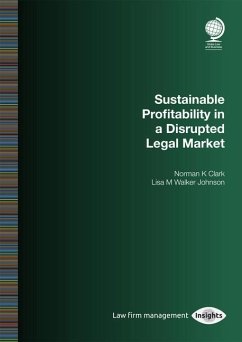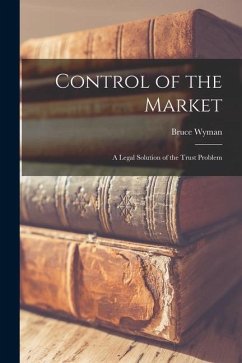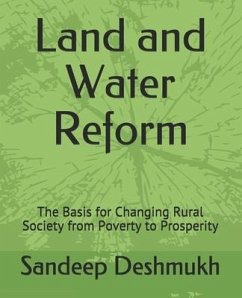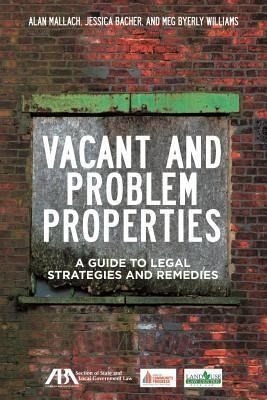
Vacant and Problem Properties: A Guide to Legal Strategies and Remedies
Versandkostenfrei!
Versandfertig in über 4 Wochen
91,99 €
inkl. MwSt.

PAYBACK Punkte
46 °P sammeln!
Vacant and problem properties are a pervasive and far-reaching problem, and local governments, from the smallest town to the largest city, find themselves on the front lines, addressing their effects. Any municipality, community organization, developer, or private citizen who wants to tackle the problem property issue must understand the complex legal landscape in which those properties exist. This invaluable practical resource provides a thorough introduction to the legal and policy issues associated with vacant and problem properties, how to take action to revitalize them, and how to frame e...
Vacant and problem properties are a pervasive and far-reaching problem, and local governments, from the smallest town to the largest city, find themselves on the front lines, addressing their effects. Any municipality, community organization, developer, or private citizen who wants to tackle the problem property issue must understand the complex legal landscape in which those properties exist. This invaluable practical resource provides a thorough introduction to the legal and policy issues associated with vacant and problem properties, how to take action to revitalize them, and how to frame effective and defensible local ordinances and regulations. It also addresses the benefits and challenges of creating land banks, the regulatory issues involved with dealing with brownfield properties, the importance of developing sound demolition strategies, and the value of greening or nondevelopment reuse strategies. The book is written for practicing attorneys, including those working for local governments; those representing property owners, community-based organizations, and developers; and those involved in property transactions or redevelopment. It is also of great value to planners and other public officials and to professionals of all backgrounds working with housing developers, community development corporations, and other neighborhood-based organizations.




